How long does it take to lose weight?
Weight loss is personal — but how long does it take to lose weight on average? We asked a dietician to explain
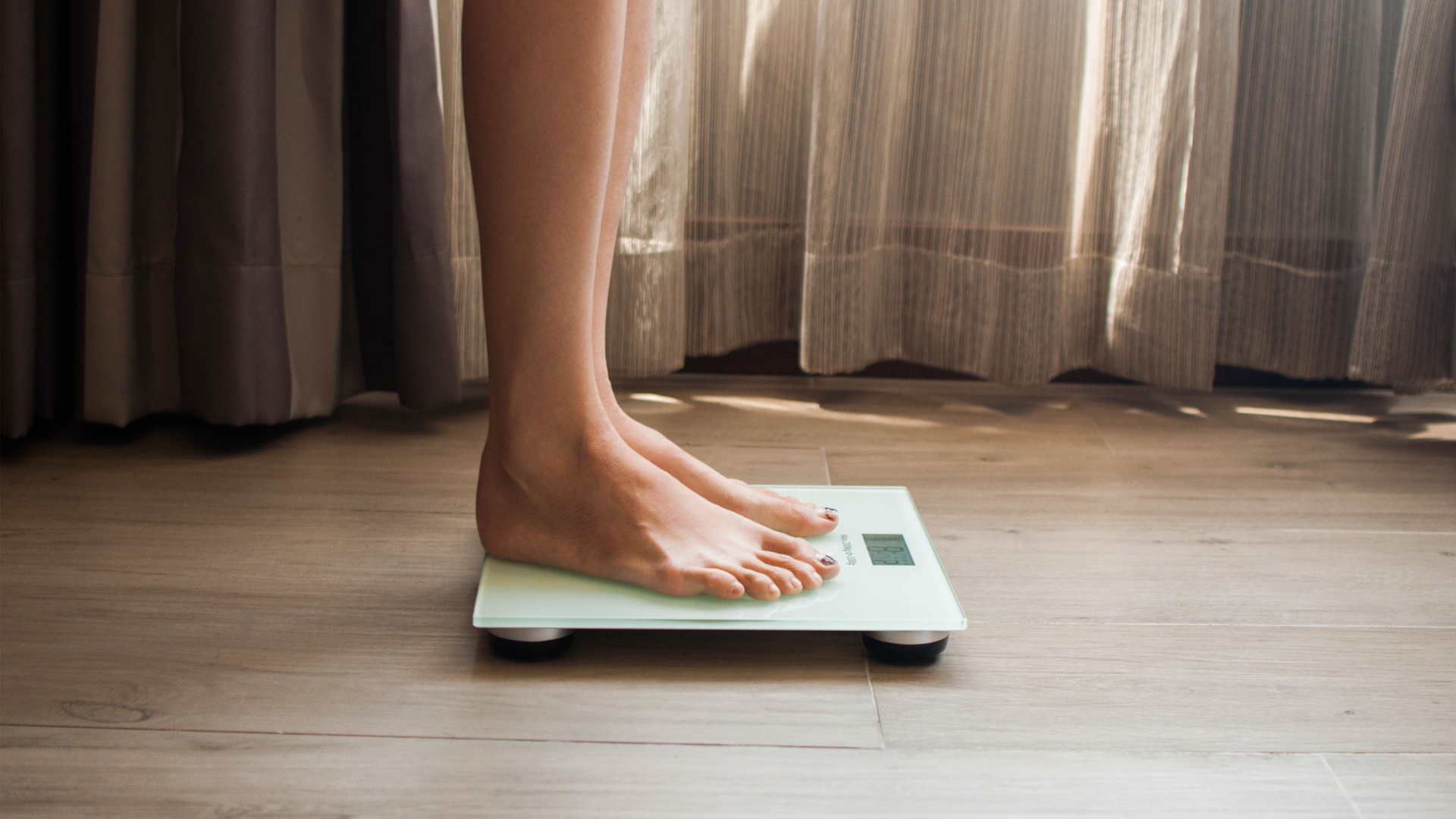
Changing your lifestyle and diet in order to lose weight can be difficult, and putting new habits into place often feels like a long, laborious process. But how long does it take to lose weight, really? The answer is different for everyone, as our bodies vary significantly. From your metabolic rate to your gut health, your current weight and your genetics, there are so many factors that impact your capacity to lose weight.
Nutrition and exercise are the two most important changes you can make when it comes to weight loss and implementing healthy routines around both of these areas is important. Maybe you’re eating in a calorie deficit, using the best exercise machines to lose weight, or increasing your step count. Whatever your methods, it can be frustrating when you’re making changes to the way you live your life but you’re not seeing any results.
It’s not always beneficial to lose weight, particularly if you already lead a healthy lifestyle. But Lola Biggs, dietitian at Together Health, explains that there are some circumstances when it can be helpful.
“Carrying excess body fat can affect our health,” she says. “It is associated with greater risk of developing conditions that can shorten our life and reduce the quality of our day to day. Keeping a healthy body composition of fat and lean muscle has been shown to correlate with better all-around health.”
What factors affect weight loss?
Exercise and nutrition are the main factors that affect weight loss because they impact the body’s energy stores, which materialize as fat. On a basic level, the more exercise you do and the less calories you take in, the more energy you will burn and the more weight you will lose.
But factors including our individual metabolism, hormone balance, level of inflammation and stress, alongside pre-existing comorbidities can impact how much and where we store the fuel we get from our food. This means the rate and level at which someone gains and loses weight will vary from person to person.

How does weight loss occur?
We generally lose weight when we’re burning more energy than we’re taking in (eating) and the same is true with putting on weight: “Eating more than what our body needs can lead to the need to store this excess energy,” says Biggs. “This is collected in adipose tissue (body fat) which can increase over time.”
Get the Fit&Well Newsletter
Start your week with achievable workout ideas, health tips and wellbeing advice in your inbox.
We also burn energy when we exercise, which is why going to the gym or moving more can help with weight loss. “Over time if we expel more energy than we consume through diet, this will result in a reduction of our [fat] stores,” adds Biggs. ”This can result in an overall lower body fat percentage and an increase in lean muscle tissue.”
What is a healthy amount of weight to lose?
The amount of weight you’re able to lose within a specific time period will be very much specific to you, your body and your lifestyle. Biggs suggests that losing around 0.5-1kg a week is a good ballpark but don’t worry if you're losing less than this — it’s more important that you’re leading a healthy lifestyle, both mentally and physically.
If you’re losing more weight than 0.5-1kg a week (or 2-4kg a month), you might not be eating enough or over-exercising. “If you lose too much too soon you can disrupt your metabolism and reduce your 'set point', which can lead to weight piling back on faster at any increase in food or reduction in activity, so it is better to go slow and steady and let your body make long term changes,” Biggs recommends.
If you feel very low in energy or unwell due to the amount of calories you’re eating or the diet you’re following, you probably need to increase your calorie intake. Developing unhealthy habits can lead to extreme weight loss, which can put you at risk of various health conditions, as well eating disorders. Speak to a doctor or a registered nutrition professional if you’re not sure about what and how much you should be eating in order to lose weight healthily.
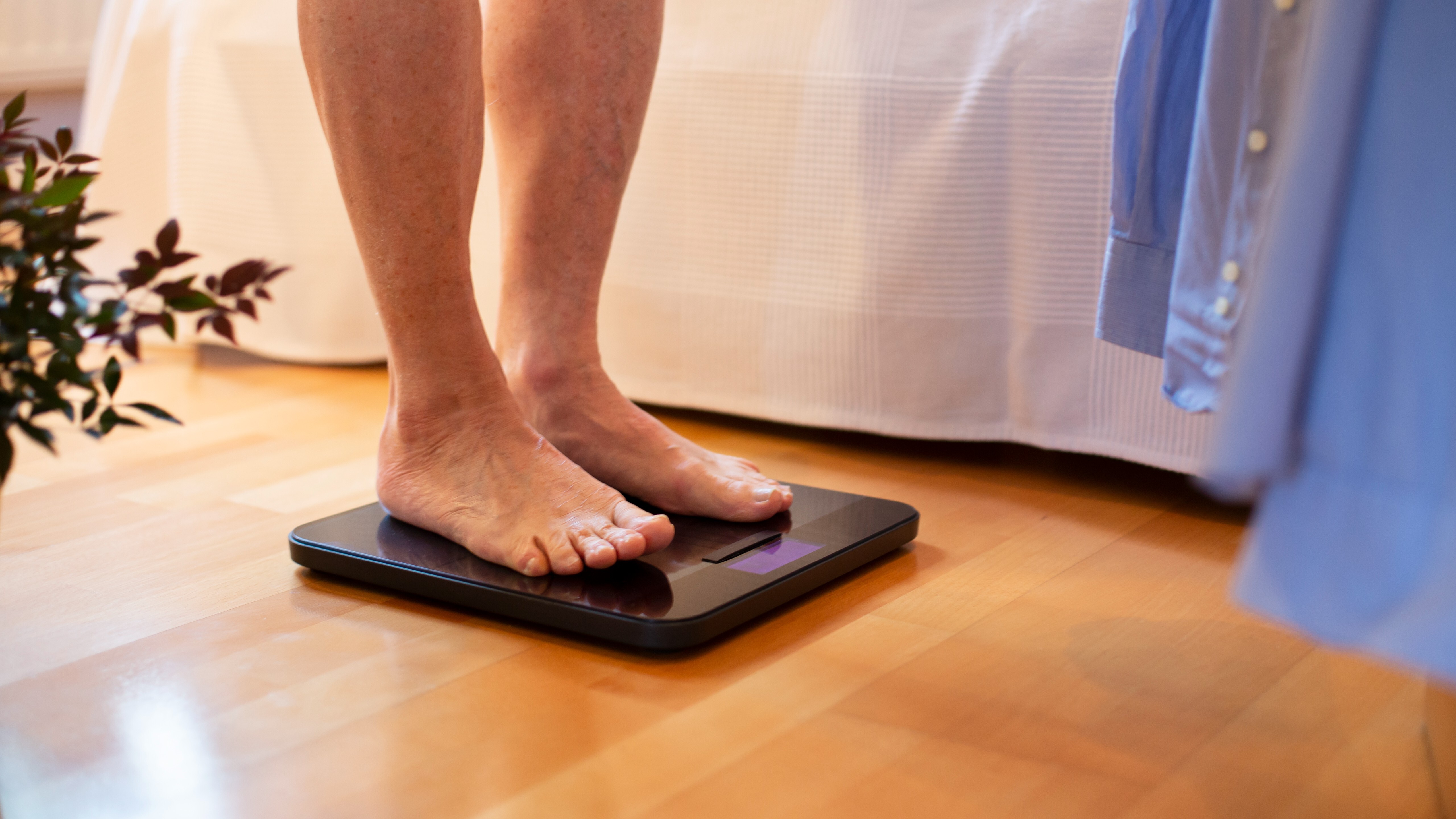
Are there ways to speed up weight loss?
It can be frustrating when you feel like you’re doing all the right things but still not losing weight. Firstly, remember it’s not something that happens overnight and losing weight in a sustainable way that you can maintain over time requires patience. “The main foundation of healthy weight loss and continued weight management relies on long-term lifestyle changes and short-term increased energy expenditure,” Biggs says.
However, your body’s metabolic rate (the rate at which the body burns calories and carries out other processes) is what will determine how quickly you lose weight and there are certain foods that can assist our bodies' metabolic speed, according to Biggs.
“Boosters include green tea, spices like cayenne, chili, ginger and coffee, however a lot of foods have been shown to help maintain a healthy metabolism. This includes those that contain essential minerals like selenium and iron, and foods with good levels of fiber and essential amino acids,” she says.
As well as nutrition and exercise, there are some other lifestyle factors that have been linked to improved weight loss, including getting enough good quality sleep, reducing stress, and keeping hydrated.
But remember, research has continuously shown that those hoping for quick weight loss are initially motivated, resulting in big cut back of food groups, overdoing it at the gym and deciding to restrict their intakes of favorite foods.
“This can be too much too quickly and is not sustainable,” Biggs stresses. “It results in falling off the wagon and splurging or binging after a short period.” So slow and steady really does win the race.
Want to learn more? Find out whether you can build muscle in a calorie deficit.
Alice Porter is a freelance journalist covering lifestyle topics including health, fitness and wellness. She is particularly interested in women's health, strength training and fitness trends and writes for publications including Stylist Magazine, Refinery29, The Independent and Glamour Magazine. Like many other people, Alice's personal interest in combining HIIT training with strength work quickly turned into a CrossFit obsession and she trains at a box in south London. When she's not throwing weights around or attempting handstand push-ups, you can probably find her on long walks in nature, buried in a book or hopping on a flight to just about anywhere it will take her.
-
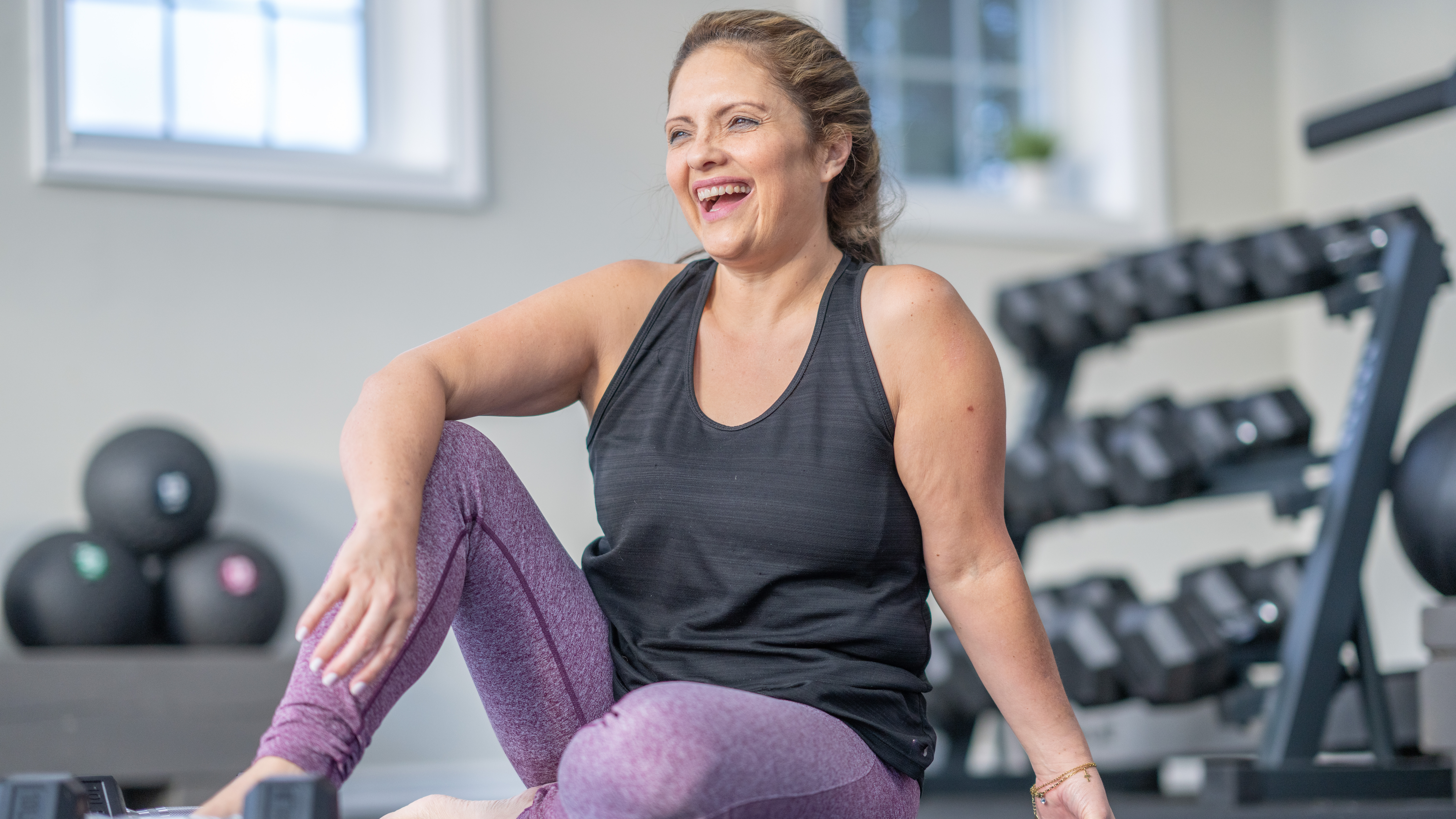 "If I could choose just five moves to future-proof my body, these would be it"—A trainer says this longevity workout will help you build lasting strength and mobility
"If I could choose just five moves to future-proof my body, these would be it"—A trainer says this longevity workout will help you build lasting strength and mobilityBy Lou Mudge
-
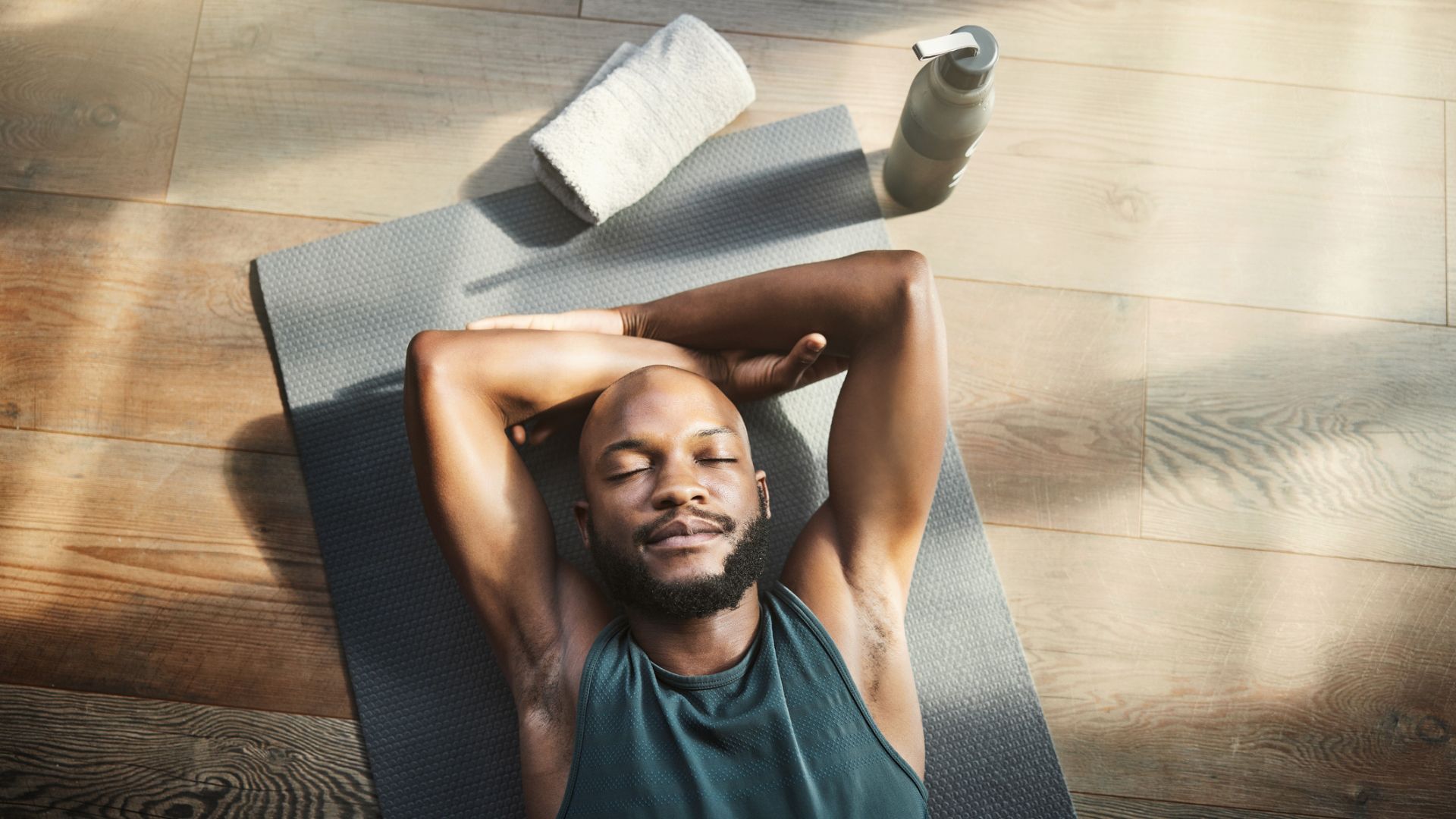 I tried four exercises designed to get rid of shoulder knots and I was surprised by the results
I tried four exercises designed to get rid of shoulder knots and I was surprised by the resultsA yoga instructor recommends this routine for reducing tightness in your upper body
By Alice Porter
-
 Six weight loss myths debunked by a nutritionist
Six weight loss myths debunked by a nutritionistWeight loss Can any of these weight loss myths actually help you to lose weight?
By Anna Gora
-
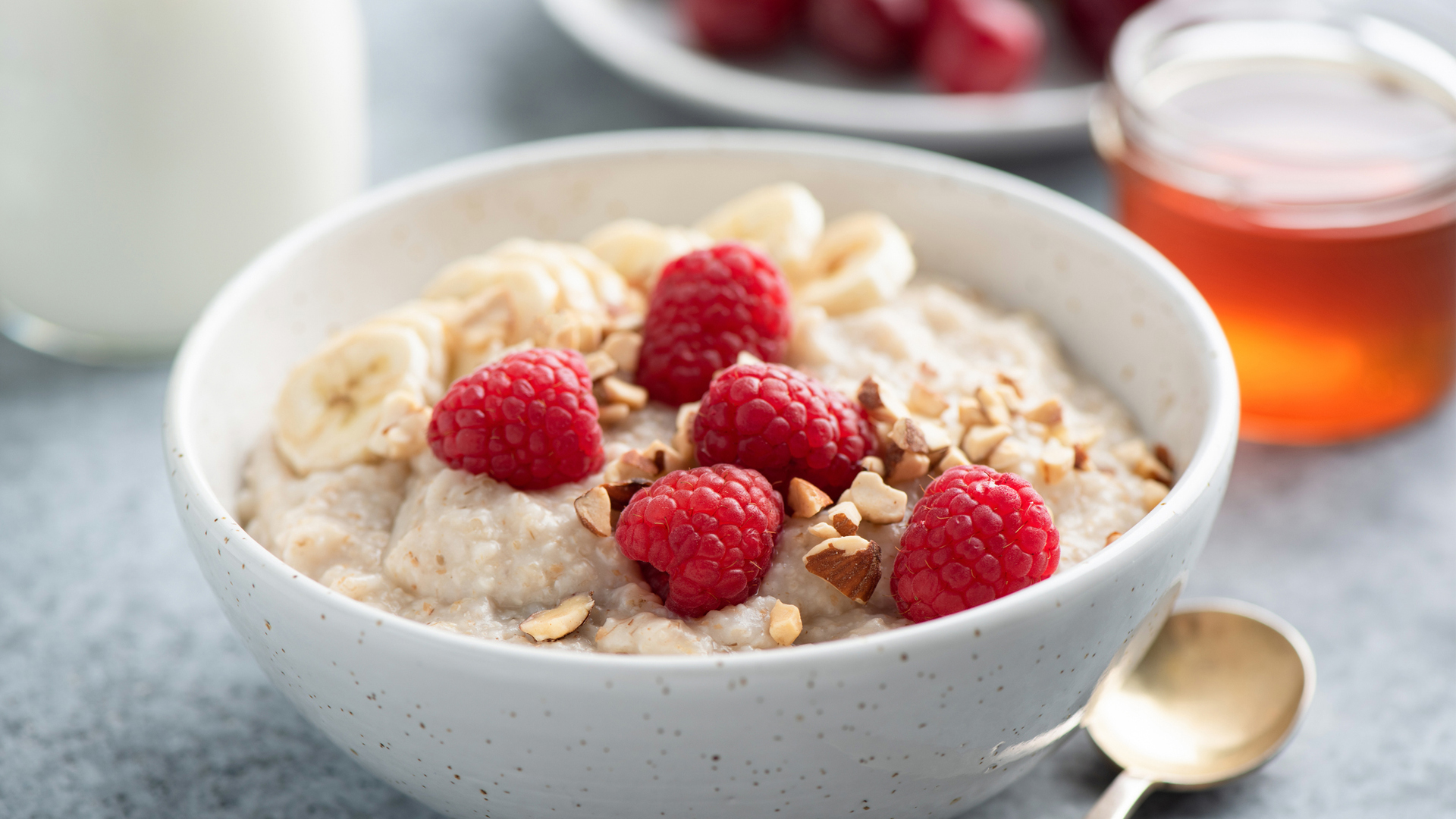 How to lose weight without counting calories
How to lose weight without counting caloriesWeight loss Finding a weight loss method that suits your lifestyle can be difficult. Here’s how to lose weight without counting calories, according to a dietician
By Alice Porter
-
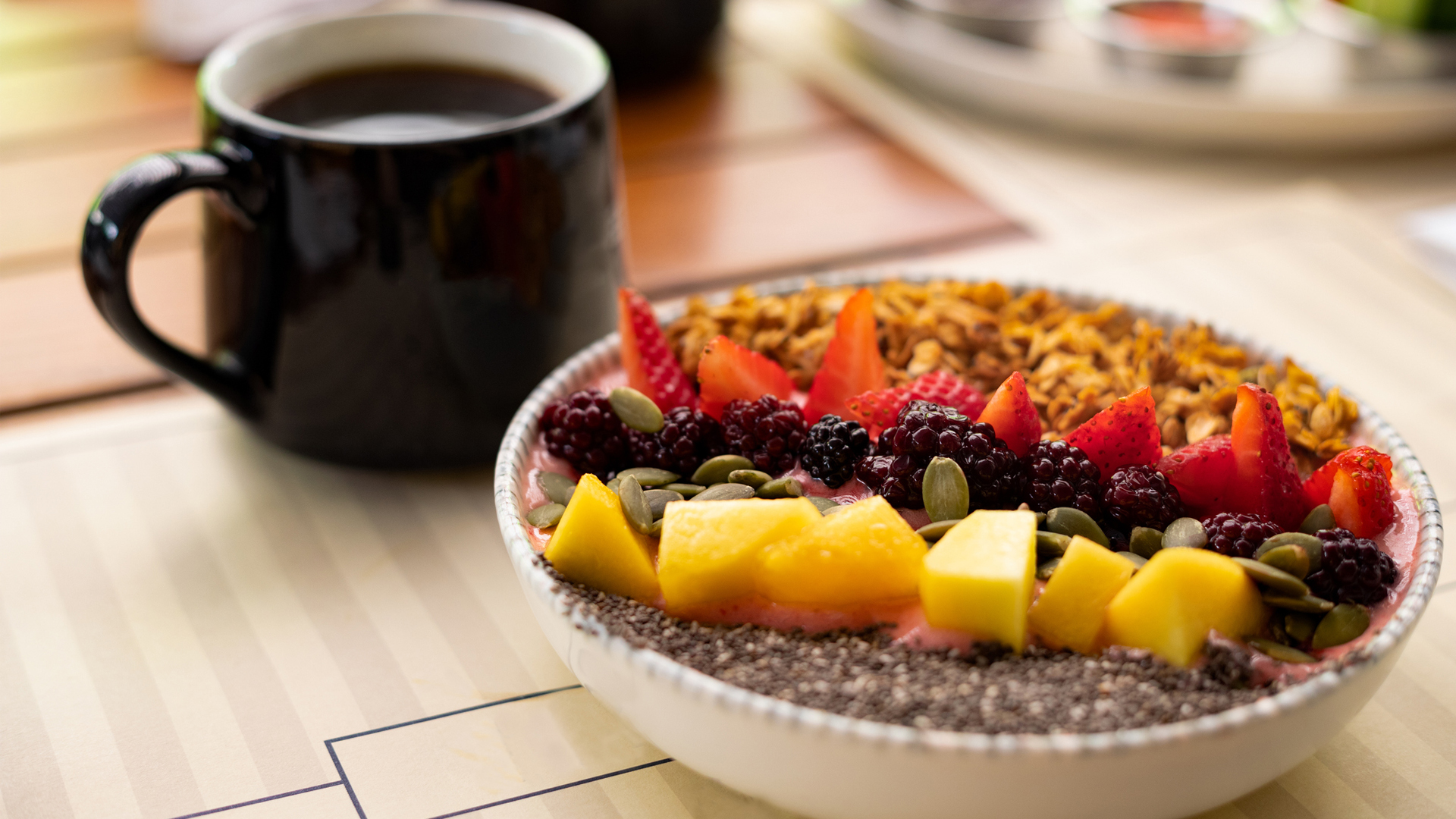 7 dietitian-approved weight loss hacks that actually work
7 dietitian-approved weight loss hacks that actually workThere’s no cheat-sheet to weight loss, but these dietitian-approved weight loss hacks can actually make a difference
By Mollie Davies
-
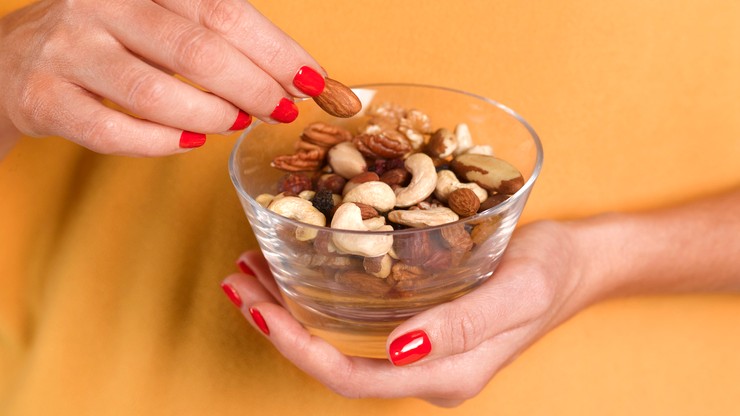 Seven nutrition myths busted – including why snacking isn’t bad for you
Seven nutrition myths busted – including why snacking isn’t bad for youNutrition Eating well can be tricky without knowing the facts about how nutrition works. Here are some nutrition myths that you might have believed until now
By Alice Porter
-
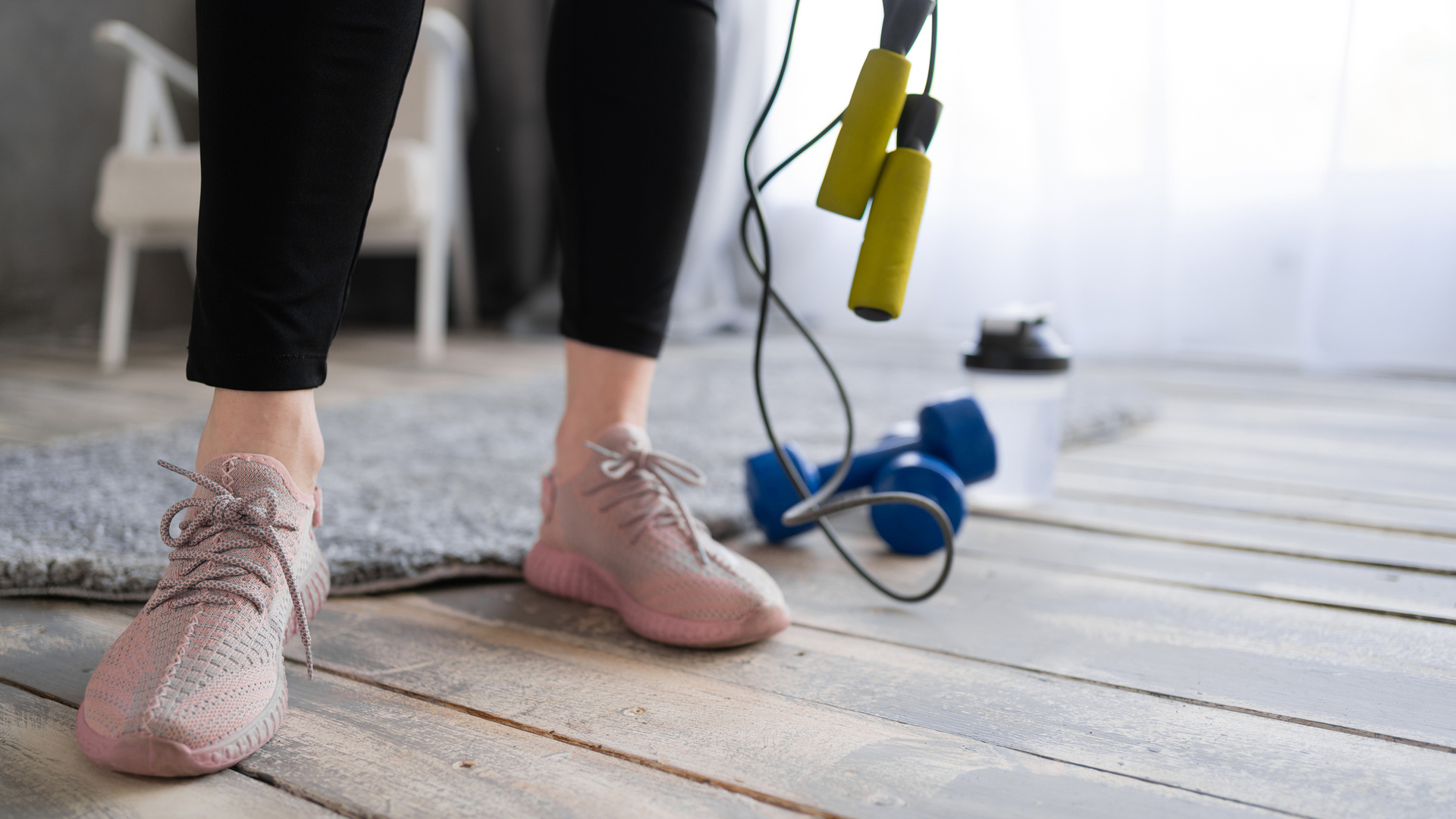 Eight reasons you can’t lose weight – and what to do about it
Eight reasons you can’t lose weight – and what to do about ithow to Sticking to a diet plan but still can’t lose weight? Here are eight things that could be preventing you from seeing changes to your body
By Alice Porter
-
 The most common weight loss mistakes and how to avoid them
The most common weight loss mistakes and how to avoid themhow to Struggling to shed those extra pounds? You may be making these weight loss mistakes
By Meg Walters
-
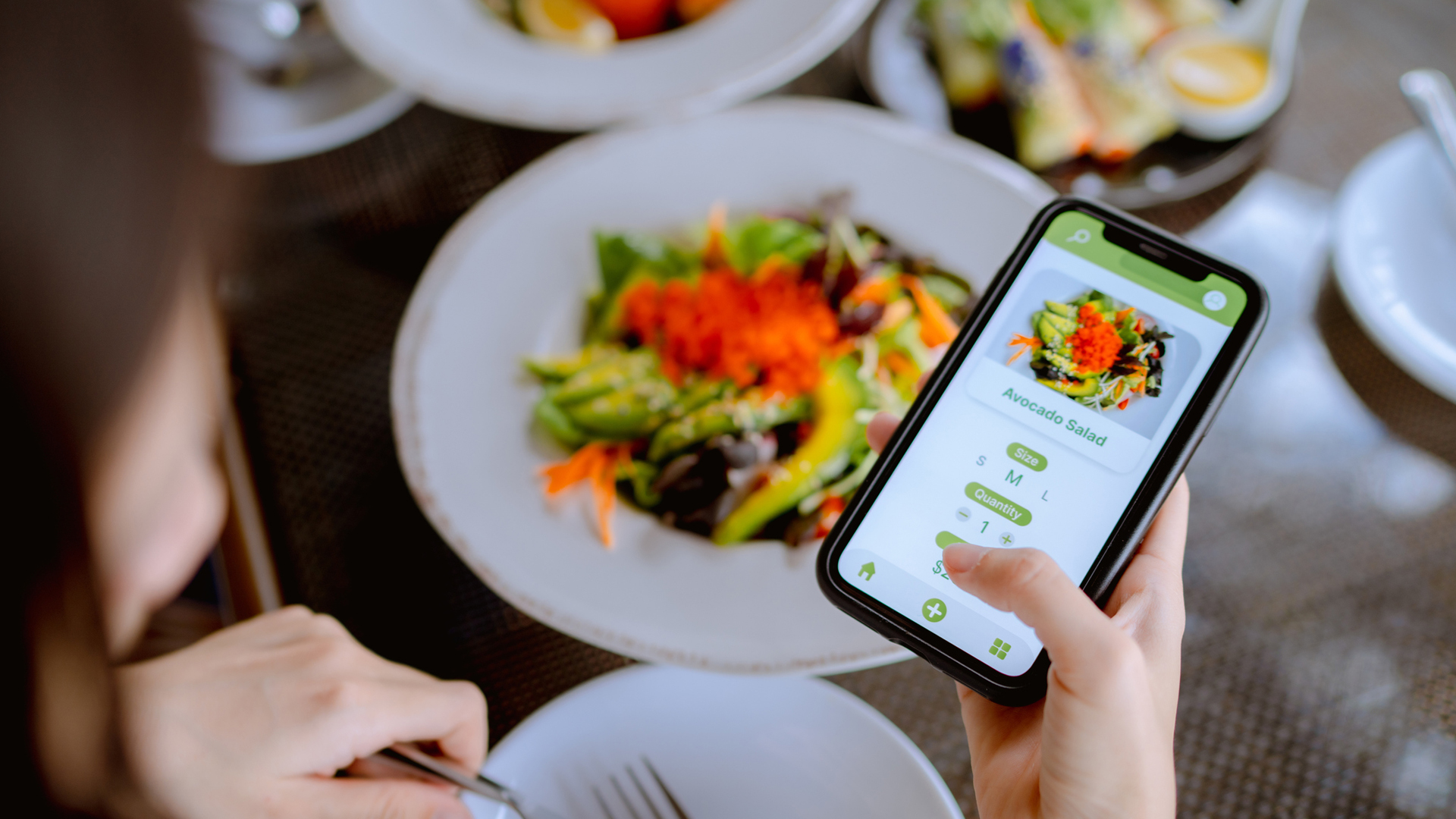 How to calculate macros for weight loss
How to calculate macros for weight lossNutrition Our expert gives us the lowdown on how to calculate macros for weight loss
By Lucy Gornall
-
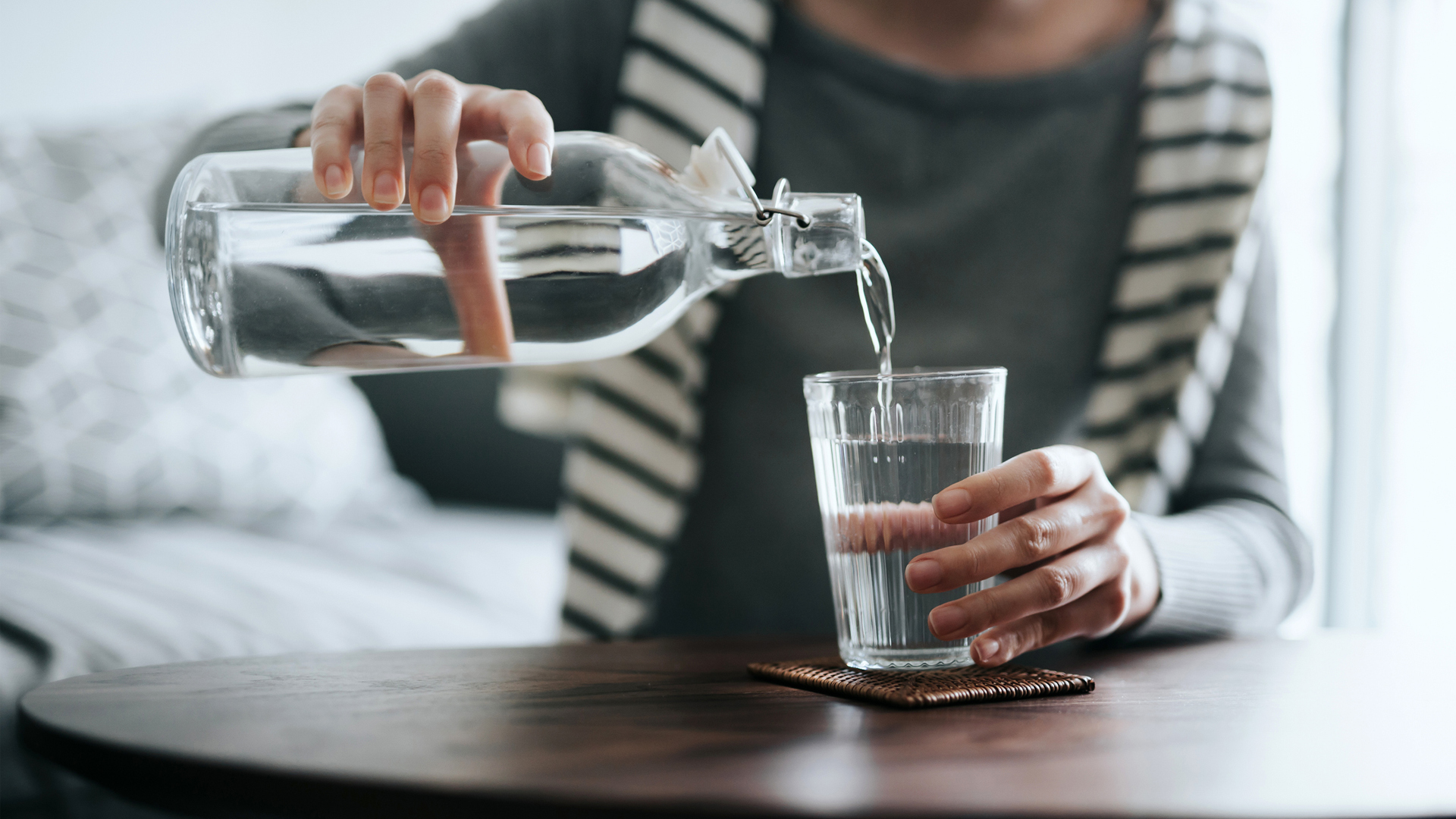 Does drinking water help you lose weight?
Does drinking water help you lose weight?Weight loss Does drinking water help you lose weight? We look at the facts and the links between hydration and weight management
By Lou Mudge